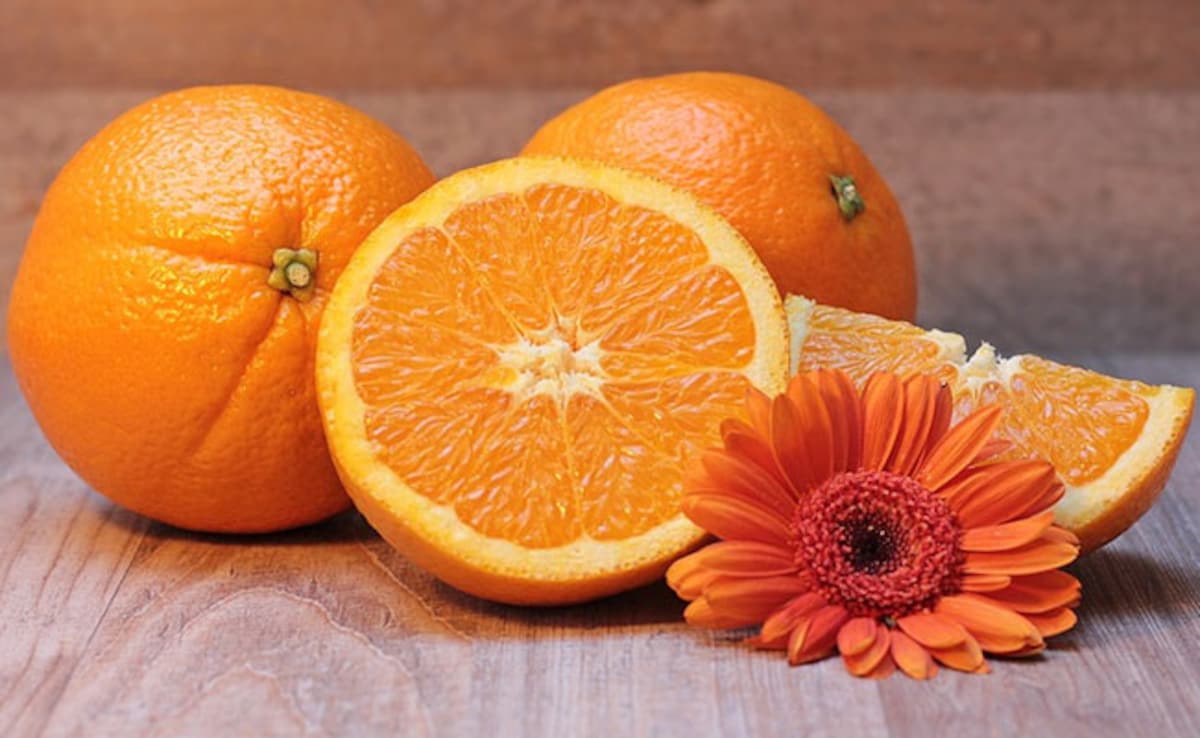
Dementia is a collective term used to describe various symptoms of cognitive decline, such as memory loss, confusion, and impaired reasoning, which interfere with daily life. It is not a single disease but rather a syndrome with multiple causes, including Alzheimer's disease and vascular dementia. Certain foods can be beneficial for people with dementia due to their high content of antioxidants, anti-inflammatory properties, and essential nutrients that support brain health. Incorporating a balanced diet rich in these brain-boosting foods can potentially enhance cognitive function and quality of life for individuals with dementia. Read on as we share some foods that can help boost health for people with dementia.
These foods can be beneficial for people with dementia
1. Leafy greens
Leafy greens are rich in vitamins A, C, E, and K, and antioxidants, which are crucial for protecting brain cells from damage caused by free radicals. They also contain folate, which helps reduce levels of homocysteine, an amino acid linked to cognitive decline. The high levels of vitamin K in these vegetables have been associated with better memory function.
2. Berries
Berries are packed with antioxidants, particularly flavonoids, which can improve communication between brain cells and promote overall brain health. They also help reduce inflammation and oxidative stress, which are key contributors to brain aging and neurodegenerative diseases.
3. Fatty fish
Fatty fish are excellent sources of omega-3 fatty acids, particularly DHA and EPA, which are essential for maintaining the structure and function of brain cells. Omega-3s also reduce inflammation and have been shown to slow cognitive decline and reduce the risk of Alzheimer's disease.

Photo Credit: iStock
4. Nuts
Nuts, especially walnuts, are high in antioxidants, healthy fats, and vitamin E, which help protect brain cells from oxidative stress and inflammation. Regular consumption of nuts has been linked to improved cognitive function and a lower risk of neurodegenerative diseases.
5. Whole grains
Whole grains provide a steady supply of glucose, the brain's main energy source. They also contain fiber, B vitamins, and antioxidants that support brain health by improving blood flow to the brain and reducing inflammation.
6. Turmeric
Turmeric contains curcumin, a powerful anti-inflammatory and antioxidant compound. Curcumin can cross the blood-brain barrier and has been shown to reduce amyloid plaques, delay the onset of Alzheimer's, and improve overall cognitive function.

Photo Credit: iStock
7. Eggs
Eggs are a great source of several nutrients tied to brain health, including vitamins B6 and B12, folate, and choline. Choline is crucial for the production of acetylcholine, a neurotransmitter that regulates mood and memory.
8. Pumpkin seeds
Pumpkin seeds are rich in antioxidants, magnesium, iron, zinc, and copper. These nutrients are essential for nerve signalling, preventing cognitive decline, and improving memory and overall brain function.
9. Oranges
Oranges are high in vitamin C, a potent antioxidant that protects brain cells from damage and supports overall cognitive health. Adequate vitamin C intake is associated with improved cognitive function and a lower risk of age-related cognitive decline.

Photo Credit: iStock
10. Dark chocolate
Dark chocolate is loaded with flavonoids, caffeine, and antioxidants, which enhance memory, improve mood, and protect the brain from cognitive decline. The flavonoids in dark chocolate increase blood flow to the brain and encourage the growth of new neurones, enhancing brain plasticity.
Incorporating these foods into the diet can help maintain brain health, protect against cognitive decline, and support overall well-being in people with dementia.
Disclaimer: This content including advice provides generic information only. It is in no way a substitute for a qualified medical opinion. Always consult a specialist or your doctor for more information. NDTV does not claim responsibility for this information.
Track Latest News Live on NDTV.com and get news updates from India and around the world

